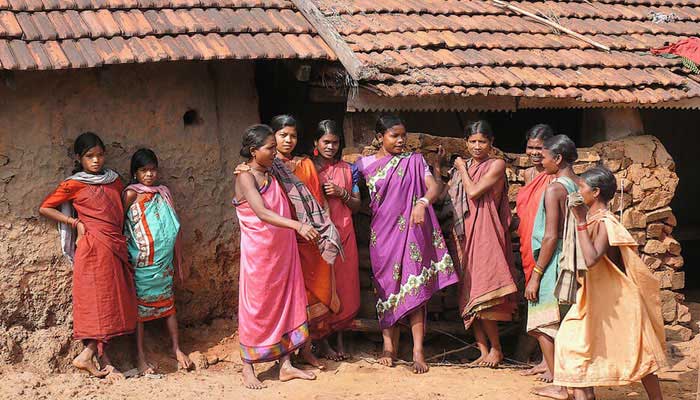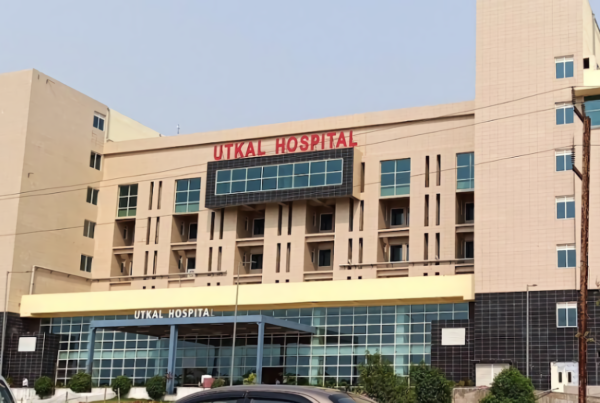In rural Odisha, infectious diseases are a significant health concern, influenced by factors such as inadequate healthcare infrastructure, poor sanitation, and limited access to clean water. Some of the common infectious diseases include:
- Malaria: Malaria is widespread in rural areas due to the presence of mosquito-breeding sites, particularly during the monsoon season.
- Dengue: The rise of dengue fever is also common in these areas, with outbreaks occurring during the rainy season.
- Tuberculosis (TB): TB remains a major health issue, exacerbated by poverty and overcrowding in rural settings.
- Diarrheal Diseases: Contaminated water and poor sanitation contribute to high rates of diarrheal diseases like cholera and gastroenteritis.
- Leptospirosis: With poor drainage and waterlogging, leptospirosis, a disease spread by rats, is seen in flood-prone areas.
- Japanese Encephalitis: Though less common, outbreaks of Japanese Encephalitis are a concern, particularly in districts with paddy farming.
The government and non-governmental organizations are working to improve healthcare access, sanitation, and vaccination coverage, but challenges remain in effectively addressing these diseases.



